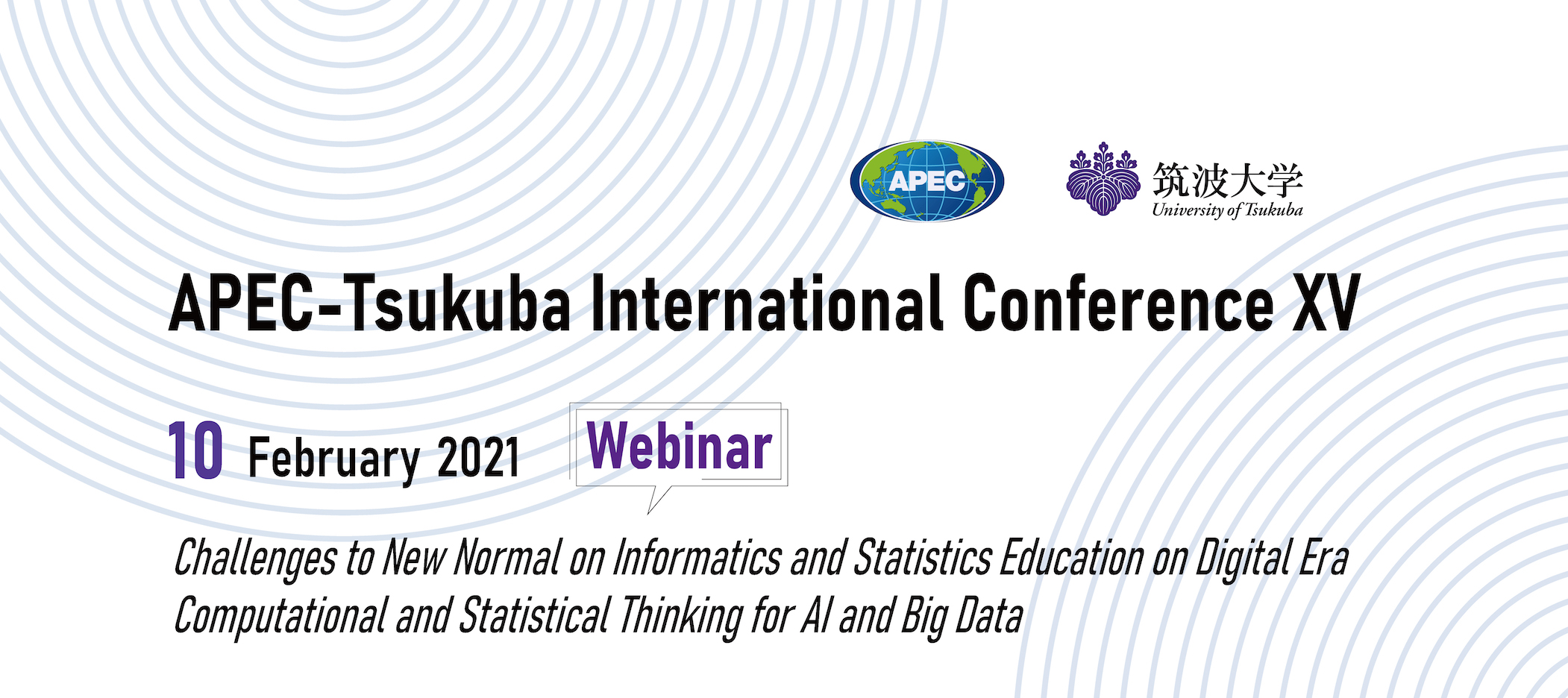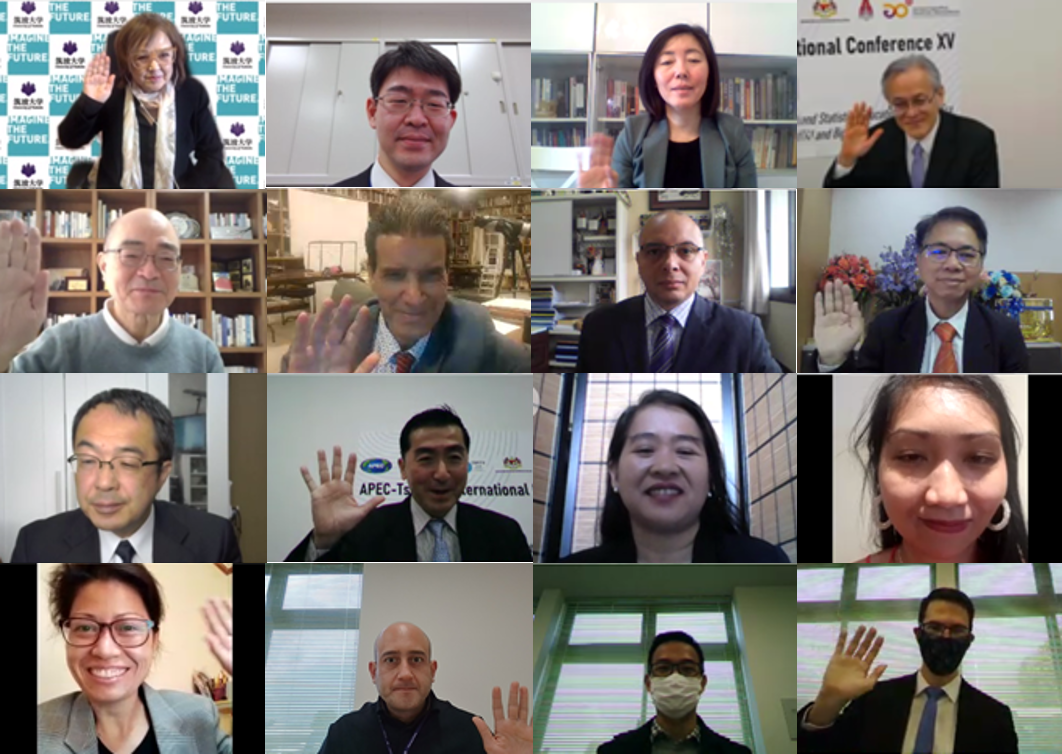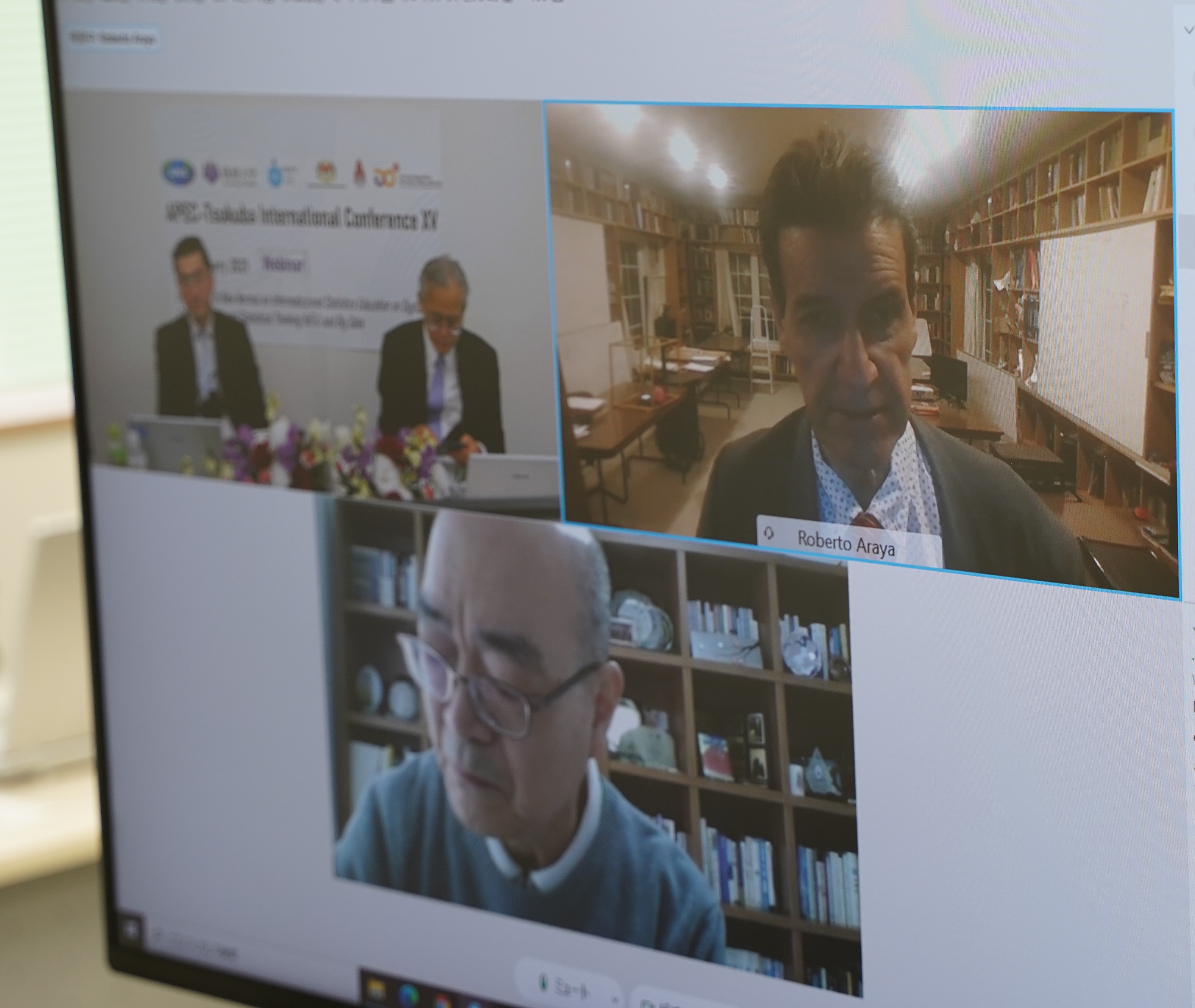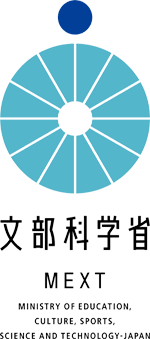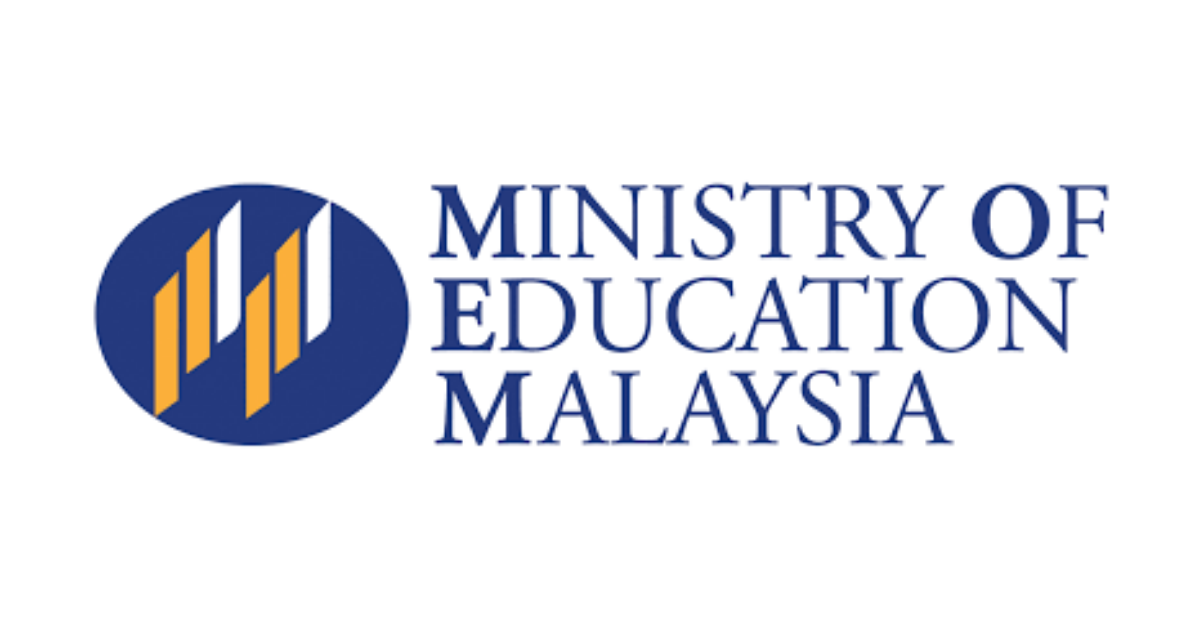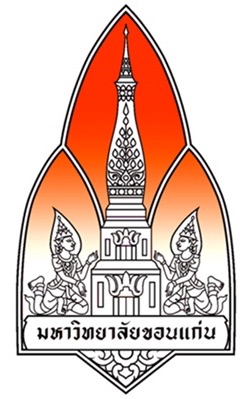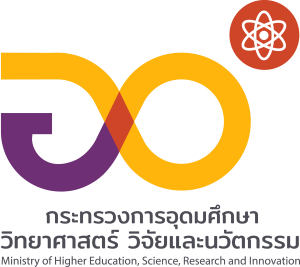Tentative Programme
*Japan Time(GMT+9)
25 January 2021 updated
| APEC-InMside Webinar Whole |
|---|
Documents:
10 February 2021 updated
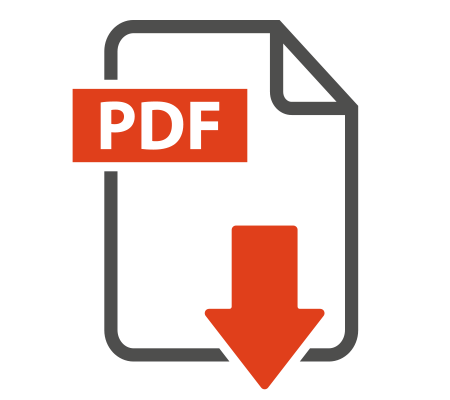 |
【Final】Ver8_Annoucment_of_APEC_Webinar_2021.2.10.pdf
*Please note that the schedule is subject to change |
|---|---|
 |
Curriculum Reform for APEC |
photo gallery:
KEYNOTE SPEAKER
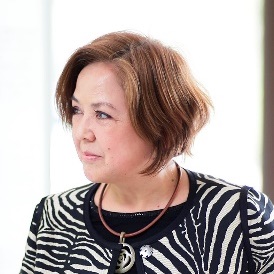
|
Dr. Caroline F. BentonVice President and Executive Director (Global Affairs), University of Tsukuba. |
|---|---|
|
Caroline Benton was appointed Vice President of Global Affairs of the University of Tsukuba in 2013, after serving as chair of the university’s MBA Program in International Business. She is also Director General of the university’s Global Commons, and serves on various committees including the Japanese Association of National Universities’ (JANU) International Exchange Committee as an expert member, the International Olympic Committee’s Education Commission, the Research Organization for Information and Systems Education and Research Council, the Nara Institute for Science and Technology Management Joint Council. She is also currently co-head of US-Japan Higher Education Engagement Advisory Board for JANU and the American Council on Education. |
|
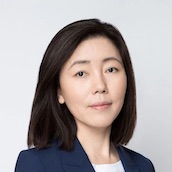
|
Dr. Yan WangEducation Network Coordinator of APEC Human Resource Development Working Group |
|
Yan Wang received Ph.D. in Education Policy, Administration and Social Studies from University of Hong Kong and is currently Education Network Coordinator of APEC Human Resource Development Working Group.
|
|

|
Dr. Roberto Araya
University of Chile |
|
Roberto Araya received PhD in Electrical Engineering from University of California at Los Angeles (UCLA) and is currently teaching Teaching and Learning STEM at University of Chile.
|
|
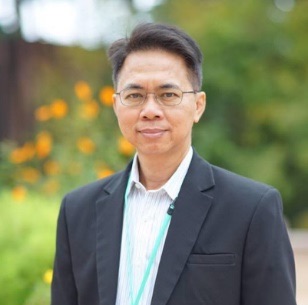
|
Dr. Maitree InprasithaVice President for Education and Academic Services in Khon Kaen University (KKU) |
|
Maitree Inprasitha is currently the Vice President for Education and Academic Services in Khon Kaen University (KKU). |
|
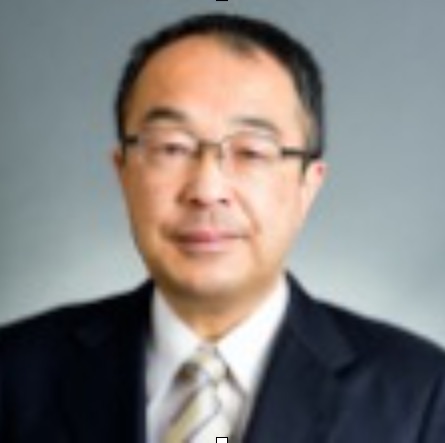
|
Mr. Toshiharu KanoNational Institute for Educational Policy Research |
|
Toshiharu Kano received Master degree in Education from Naruto University for Education and is currently work for Curriculum Investigator for high school “Information Study” at National Institute for Educational Policy Research.
|
|
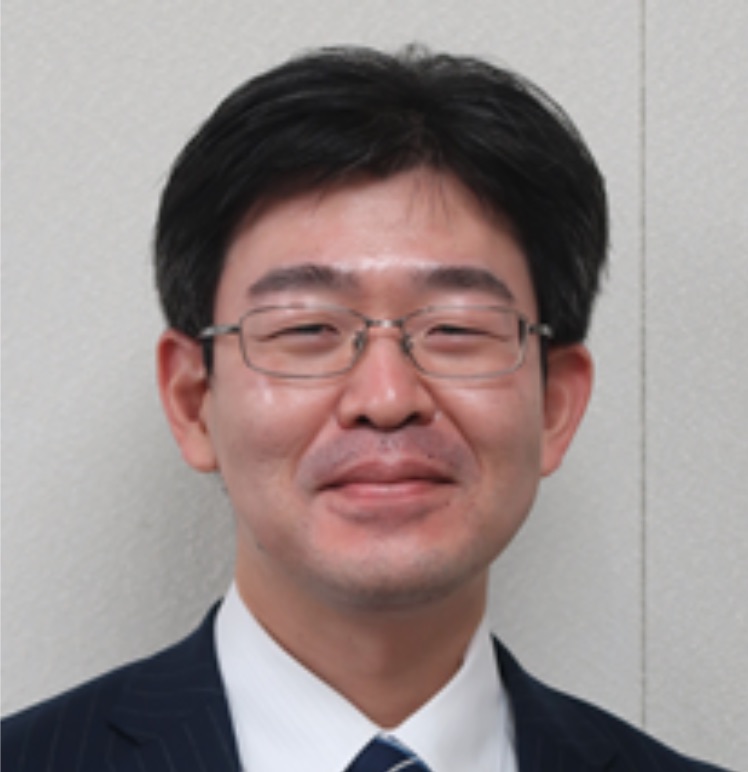
|
Mr. MATSUBARA TaroDirector, Office for International Cooperation Planning, International Affairs Division, Minister’s Secretariat, Ministry of Education, Culture, Sports, Science and Technology (MEXT) |
|---|---|
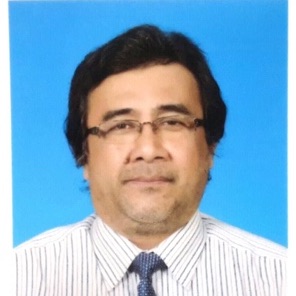
|
Mr. Sofian Azmi TajulArus
Deputy Director (Science and Mathematics Sector)
Curriculum Development Division |
|
Mr Sofian Azmi TajulArus received Engineering Degree from Middlesex University, United Kingdom and Master Degree in Information Technology from National University of Malaysia. Currently heading Science and Mathematics Sector as Deputy Director at Curriculum Development Centre, Ministry of Education Malaysia.
|
|
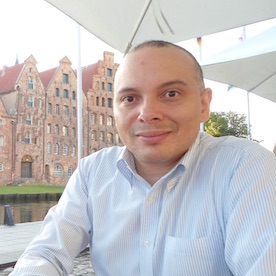
|
Dr. Orlando González
Graduate School of Human Sciences at Assumption University, Thailand |
|
Dr. Orlando González is an Assistant Professor of Curriculum and Instruction in the Graduate School of Human Sciences at Assumption University, Thailand.
|
|
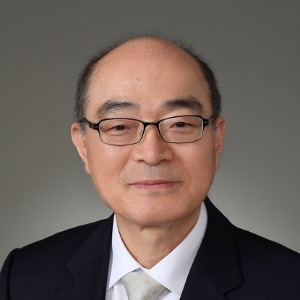
|
Dr. Hee-Chan LewKorea National University of Education |
|
Professor Hee-Chan Lew began his career as a professor at Korea National University of Education in 1991. He served as Director of the Education Research Institute (2006-2008) and Dean of Planning (2008-2010) and President (2016-2020) in the university.
|
|
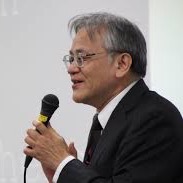
|
Dr. ISODA Masami
Director of Centre for Research on International Cooperation in Educational Development (CRICED) |
Information
Invitation for Participations
We are on the cusp of the 4th Industrial Revolution spurred by Artificial Intelligence (AI) and Big Data, and we now see that COVID-19 has accelerated the New Normal. Prompted by the demands of this paradigm shift, curriculum reform on Informatics and Statistics Education are underway in every APEC economy. To address these demands in relation to Informatics Education at the school level, the APEC InMside I project (HRD 01 2018) proposed a curriculum reform framework to develop computational and statistical thinking for using AI and Big Data, particularly in upper secondary education, as follows: Frameworks for the Humanities and Digital Competencies: Computational Thinking which includes Algorithms (Programming), Modeling, and Machine Learning; and Statistical Thinking which includes Neyman Pearson Statistics, Bayesian Statistics, and Data Science. (The outline of the framework is shown in VI., page 3.) The report on the project with the framework was accepted by APEC member economies through HRD-EdNet in December 2020. The objective of the webinar this time is to share this reform framework with curriculum specialists in APEC, and set the tasks for the InMside II Seminar in Malaysia with participants, which is tentatively scheduled for September 2021. This webinar is a part of the APEC project ‘InMside II’ (HRD 05 2019), which focuses on curriculum reform in lower secondary education on informatics and statistics education and on capacity building among the curriculum specialists in APEC regions. The participants in this webinar will discuss every economy's status and consider the significant tasks to be addressed at the next seminar in Malaysia.
The Roles of Participants for the Webinar from APEC Economies
This invitation is being sent to every APEC Economy’s focal persons who have responsibility in their economy for APEC-HRDWG. Participants in the Webinar, curriculum specialists recommended by APEC economies, will contribute to the Q&A at Keynote 1&2 in session (II) & (III) and explain the current status and necessary tasks in session (IV) as preparation for the Seminar in Malaysia.
To participate, please fill in the online participation form at https://forms.gle/wLkdUMWqAK8ZyAB59 by 8 February 2021. Participants will receive the information for the Webex by 9 February 2021
Distribution through YouTube
The webinar will also be distributed through YouTube by recording.
This URL will be convenient for APEC economies for accessing other stack folders on curriculum development and teachers in APEC economies.
Further Contacts
Program: Masami Isoda, Prof/PhD. Director of CRICED, University of Tsukuba, Japan
isoda@criced.tsukuba.ac.jp
Logistics: KOBAYASHI Yukari, Ms., Officer, Officer of Global Initiatives, University of Tsukuba, Japan
criced@un.tsukuba.ac.jp
Explanation of APEC Project InMside I and II
InMside I (HRD 01 2018), which focused on upper secondary schools, was proposed by Japan, Chile and Thailand and InMside II (HRD 05 2019), which focused on lower secondary schools, was proposed by Japan, Malaysia and Thailand.
Amidst the background of the 4th Industrial revolution and with the aim of contributing to Digital Society on the APEC agenda and the issue of curriculum standardization for 2030 on HRD EdNet for coping with the era of AI and Big Data, the InMside-project proposed the draft of a curriculum reform framework at the steering meeting in Tokyo to the curriculum specialists in APEC regions; discussed the issues for reform, good practices and elaborated the framework with the specialists of participating economies at the APEC-seminar in Chile; and synthesized the framework at the final meeting in Khon Kaen in 2019 and submitted the final report in September 2020, which includes the following:
・ General Curriculum Framework in education for human competency to lead, work and live in the digital society,
・ Computational Thinking Framework comprising the programming, computational models, and machine learning (AI), which was illustrated with exemplars for curriculum reform,
・ Statistical Thinking Framework comprising the Neyman-Pearson statistics, Bayesian statistics, and Data Science (Big Data), which was illustrated with exemplars for curriculum reform.
The framework itself has been developed for all school levels, from primary to high school, and is aligned with the curriculum reform perspectives. It was approved by APEC Ednet in December 2020.
Building on the InMside-project (HRD 01 2018) for upper secondary schools, the InMside II-project (HRD 05 2019) trains middle-school curriculum developers to include aspects responding to the impact of Artificial Intelligence (AI) and Big Data on the APEC economies’ curricula for building an Inclusive, Sustainable and Digital society under Integration 4.0 in the face of the 4th Industrial Revolution. The Informatics and Data Science Education Reform is driven by computational and statistical thinking. The objective is to build the capacity of curriculum developers to produce recommendations for their curricula reform and teacher training, with enlargement of the network to support the APEC Education Strategy for 2030. InMside II is providing the Webinar in February 2021, the InMside II Seminar for training curriculum developers in Malaysia in September 2021, and the Synthesis Meeting in Thailand in November 2021. The outcomes will be the recommendations for curriculum on computational and statistical thinking with teacher training models, and the enlarged network of curriculum developers. The Seminar in Malaysia will be supported by an APEC grant and grants from Malaysia, Japan and Thailand. Specialists for the Seminar and the Synthesis Meeting will be recommended by every economy.
Other Matters: Back-to-Back Meeting
The Webinar is the back-to-back meeting of the SEAMEO-The University of Tsukuba Symposium IX on ‘Resilience for Global Citizenship: Challenges in Education under COVID-19’, which is scheduled to be held on 11 February 2021.
https://www.criced.tsukuba.ac.jp/math/seameo/2021/
Hosted by CRICED, University of Tsukuba, Japan
Supported by the proposing economies and organizations:
The University of Tsukuba and the Ministry of Education, Culture, Sports, Science and Technology, Japan
Ministry of Education, Malaysia Khon Kaen University and Ministry of Higher Education, Science, Research and Innovation, Thailand
